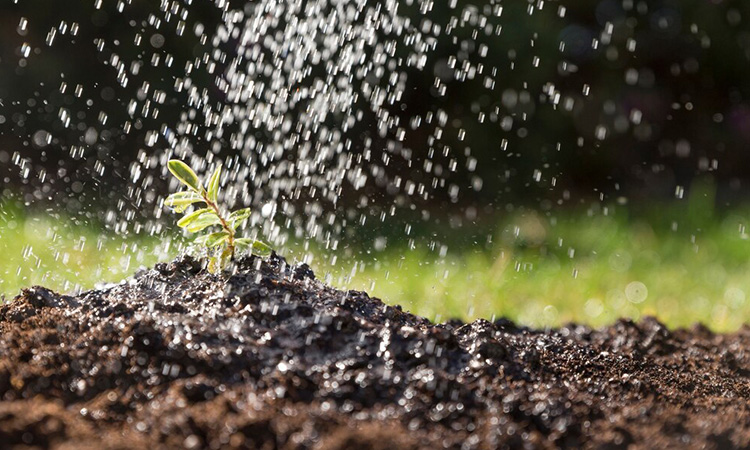In the face of a changing climate and growing population, the importance of efficient water use in agriculture cannot be overstated. Agriculture consumes a significant portion of the world’s freshwater resources, and with water scarcity becoming an increasingly pressing issue, adopting efficient water use practices is crucial. This article explores various strategies and technologies aimed at enhancing water efficiency in agricultural practices.
Understanding Water Efficiency in Agriculture
Water efficiency in agriculture refers to the practice of maximizing crop yield per unit of water used. This involves not just reducing water usage but optimizing its use to ensure the health and productivity of crops. Efficient water use is critical for sustainable agriculture, helping to conserve water resources, reduce costs, and protect the environment.
Strategies for Efficient Water Use
- Drip Irrigation: Drip irrigation is a highly efficient watering system that delivers water directly to the roots of plants. This method minimizes water loss due to evaporation and runoff, ensuring that water is used effectively.
- Soil Moisture Monitoring: Utilizing soil moisture sensors can help farmers understand the exact water needs of their crops. This technology ensures that crops are watered optimally, avoiding both under- and over-watering.
- Rainwater Harvesting: Collecting and storing rainwater for agricultural use can significantly reduce dependency on other water sources. This method is particularly effective in regions with seasonal rainfall.
- Mulching: Applying mulch to soil surfaces helps retain soil moisture, reduce evaporation, and prevent weed growth, which can compete with crops for water.
- Crop Selection and Rotation: Choosing crops that are suited to the local climate and require less water can greatly reduce water usage. Crop rotation can also improve soil health and water efficiency.
- Water-Saving Rice Cultivation: Techniques like the System of Rice Intensification (SRI) use less water than traditional rice cultivation methods while increasing yields.
- Cover Crops: Planting cover crops can improve soil structure and health, leading to better water retention and reduced irrigation needs.
Efficient water use in agriculture is essential for sustaining our food systems and conserving our precious water resources. By adopting these strategies, farmers can contribute significantly to water conservation and ensure the sustainability of agricultural practices in the face of global environmental challenges.
Next On Your Reading List:


